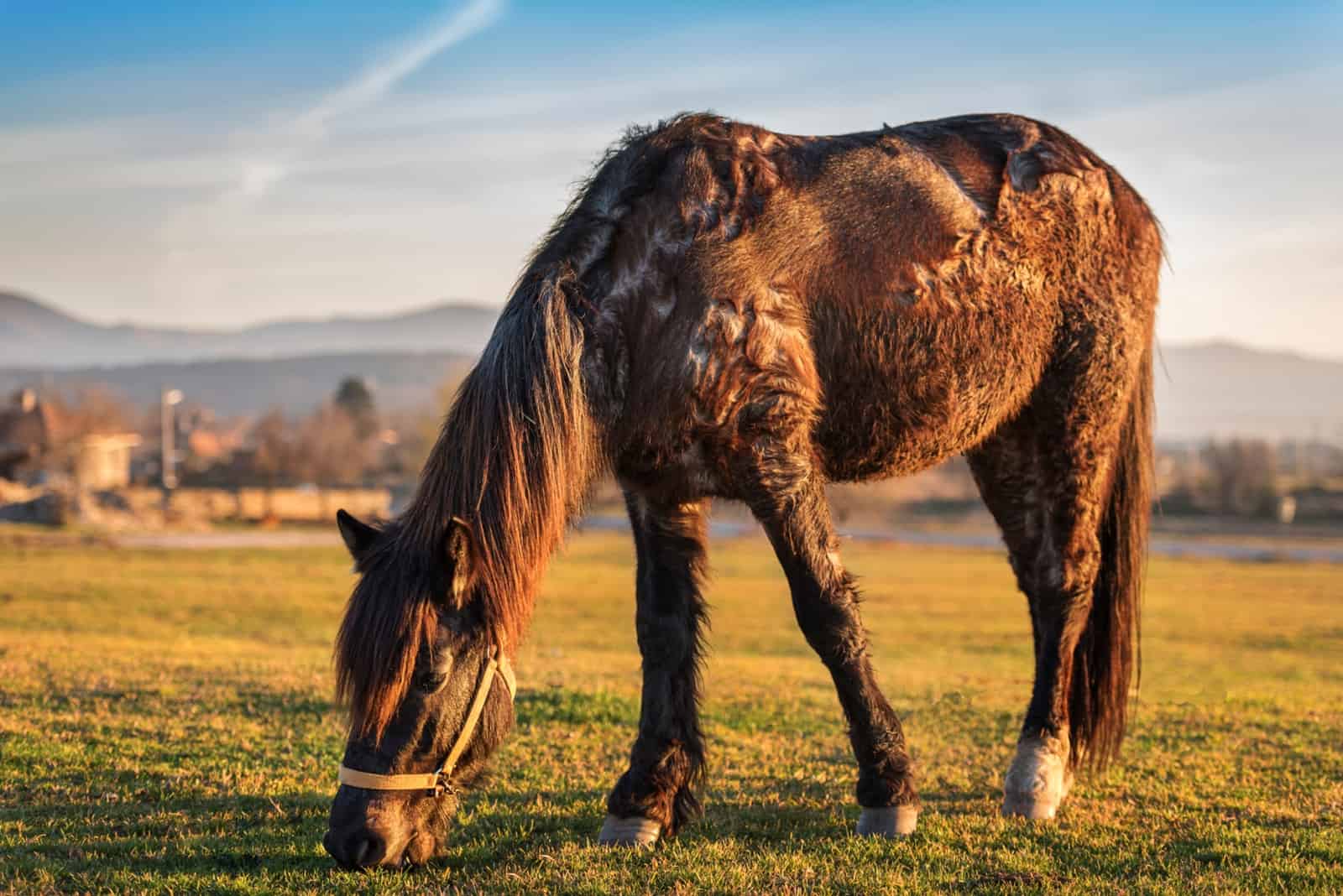A Closer Look at Comorbidities in Horses
- Topics: Article, Cushing's Disease, Diseases and Conditions, Equine Protozoal Myeloencephalitis (EPM), Hoof Care, Horse Care, Laminitis (Founder), Lyme Disease, Metabolic Problems, Metabolic Syndrome, Neurologic Disease, Obesity, Older Horse Care Concerns, Other Respiratory Problems, Respiratory Problems, Working With a Veterinarian

Horses suffering from multiple conditions simultaneously can be challenging to diagnose and treat
It can be incredibly satisfying when things fit neatly in a box—including diagnoses for equine ailments. But not all health problems are so simple. Horses can experience more than one disease process at the same time, an occurrence known as comorbidity. (Morbidity means being affected with disease.) The presence of more than two diseases at a time is called multimorbidity. These scenarios can make for confusing clinical signs and long lists of diagnostic tests. They’re important to recognize because if you’re treating only one of multiple reasons for a horse’s clinical signs, you’re not going to solve the problem.
In this article we’ll look at the equine diseases veterinarians most commonly see in conjunction with other conditions.
Pituitary Pars Intermedia Dysfunction
One disease that frequently coexists with other health issues in horses is pituitary pars intermedia dysfunction (PPID). It’s caused by an enlargement of the pituitary gland’s middle lobe (the pars intermedia), which results in an overproduction of hormones that regulate bodily functions. The disease generally occurs in horses older than 18, although it can also manifest in individuals in their mid-teens TheHorse.com is home to thousands of free articles about horse health care. In order to access some of our exclusive free content, you must be signed into TheHorse.com. Already have an account?Create a free account with TheHorse.com to view this content.
Start your free account today!
and continue reading.

Written by:
Nancy S. Loving, DVM
Related Articles
Stay on top of the most recent Horse Health news with












